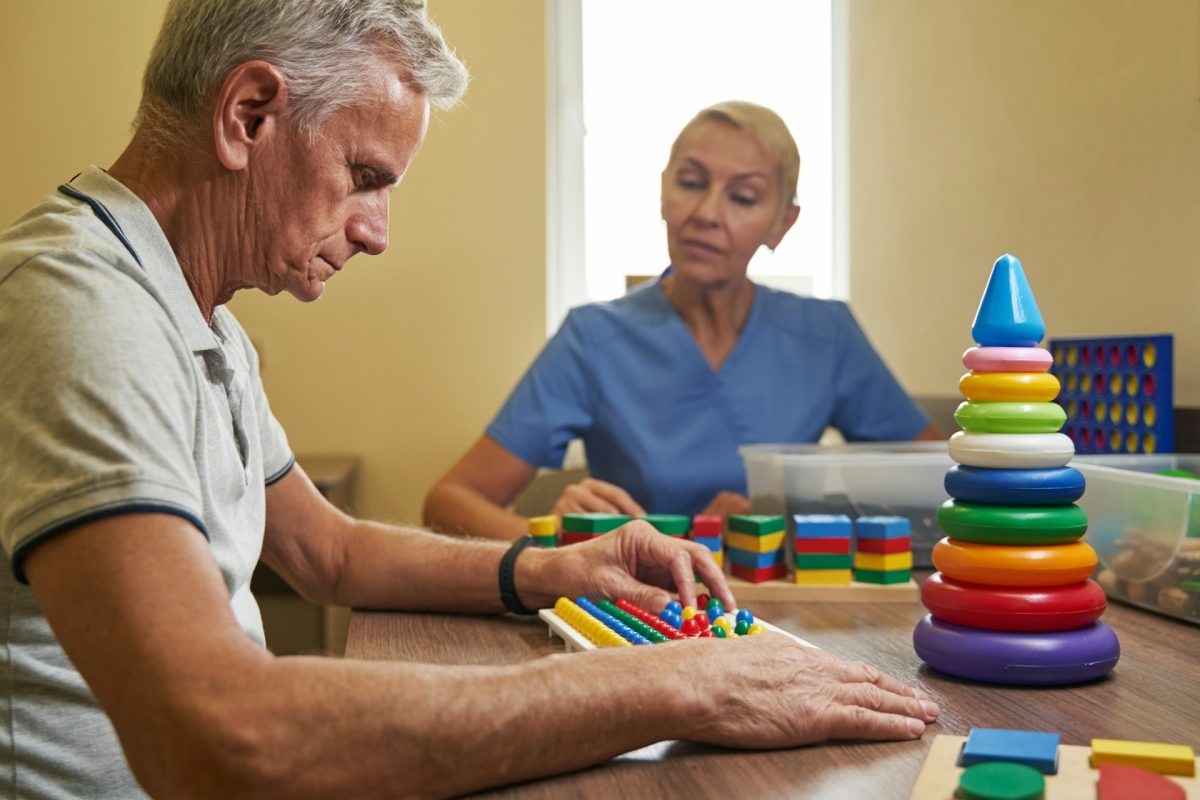College life has always been associated with a certain energy—late nights, packed parties, tailgates, and bar crawls. It’s part of the social fabric on campuses across the country. But more and more students are starting to question whether drinking really needs to be the default. Instead of following the crowd, they’re making intentional choices to skip alcohol—and they’re doing it for all kinds of reasons.
Whether it’s about mental health, saving money, recovering from addiction, improving sleep, religious beliefs, or just wanting more control over their choices, sobriety is becoming a real, respected option. And here’s the thing: it doesn’t mean giving up your social life. If anything, it opens the door to a different kind of connection—one that’s based on more than just what’s in your cup.
Shifting the Social Norm
Let’s be honest: college party culture isn’t exactly new. For years, schools like the University of Wisconsin–Madison have made headlines for their high-energy social scenes. And it’s not hard to see why. Game days, house parties, bar specials—it can all make it feel like alcohol is the glue holding everything together.
But today’s students are starting to push back on that idea. Instead of drinking just because everyone else is, they’re starting to ask what they actually want. Some are just tired—tired of hangovers, awkward encounters, and spending too much money on nights they barely remember. Others are in recovery, focused on rebuilding their lives and protecting their health.
Either way, they’re realizing something powerful: you don’t need alcohol to have fun, make friends, or belong.
You’re Not the Only One—Even If It Feels Like It
It can be tough to go against the grain in college. When everyone around you is planning the next pregame or heading out to a party, choosing to stay sober can feel like being the odd one out. But here’s the truth—you’re not alone. Not even close.
There’s a growing number of students who are sober by choice or in recovery, and they’re building a community of their own. The key is finding the people and the spaces that support your decision. That’s where local support becomes essential. For students in recovery or those struggling with substance use, connecting with a drug rehab in Madison, Kansas, New York, or anywhere near your home or campus, can be an important step.
These programs aren’t just about crisis management. Many offer resources tailored for college-aged individuals—think group therapy, peer-led support meetings, sober social events, and ongoing check-ins to help you stay on track. It’s about creating a lifestyle that works for you, not trying to fit into someone else’s idea of what college should look like.
Real Friends, Real Fun—Without the Buzz
One of the biggest myths about sobriety in college is that it’s boring. But the truth is, there’s a lot to do that doesn’t revolve around alcohol—you just have to know where to look.
Many US cities offer a surprising range of alcohol-free options. From open mic nights and movie screenings to game nights, fitness classes, and volunteer groups, there are tons of ways to meet people and have fun without needing a drink in your hand.
Some students even take the lead and create their own sober hangout groups—chill meetups where no one’s pressuring you to drink and everyone’s there to just relax and connect. These spaces often lead to some of the most genuine friendships, built around shared interests and real conversations.
Speaking Up for Yourself—and for Others
If you’ve ever said “no thanks” to a drink and been met with a confused look, you know that turning down alcohol can sometimes feel like a statement. And it is—but it doesn’t have to be dramatic. You don’t need a long explanation. A simple “I’m good” or “I’m not drinking tonight” usually does the job.
Having a go-to response ready can make things easier. And over time, being honest about your choice can actually boost your confidence. It also opens the door for others who might be feeling the same way but aren’t sure how to say it.
The more people speak openly about sobriety, the more the culture shifts. Slowly, but surely, it becomes normal—not something to question, but something to respect. And if you’re in recovery, your story might just help someone else feel less alone.
Sober Isn’t Boring. It’s Empowering.
Here’s what doesn’t get talked about enough: sobriety can make your college experience better. You remember more, feel more in control, and often end up building stronger, more meaningful connections. You’re not relying on a drink to have fun—you’re showing up as your full self.
You’ll save money. You’ll sleep better. You’ll trust your decisions more. And maybe best of all, you’ll attract people who value the real you—not just the party version.
The Takeaway
College is a time to figure out who you are, not just go along with the crowd. Choosing sobriety—whether temporarily or long-term—isn’t weird. It’s a powerful, intentional decision that more students are making every day.
If you’re thinking about sobriety or are in recovery, don’t do it alone. Support is out there. Connecting with a drug rehab near your home or school could be a great first step in building a life that feels good without the hangover.
You deserve to feel connected, supported, and included—no alcohol required.























































































































